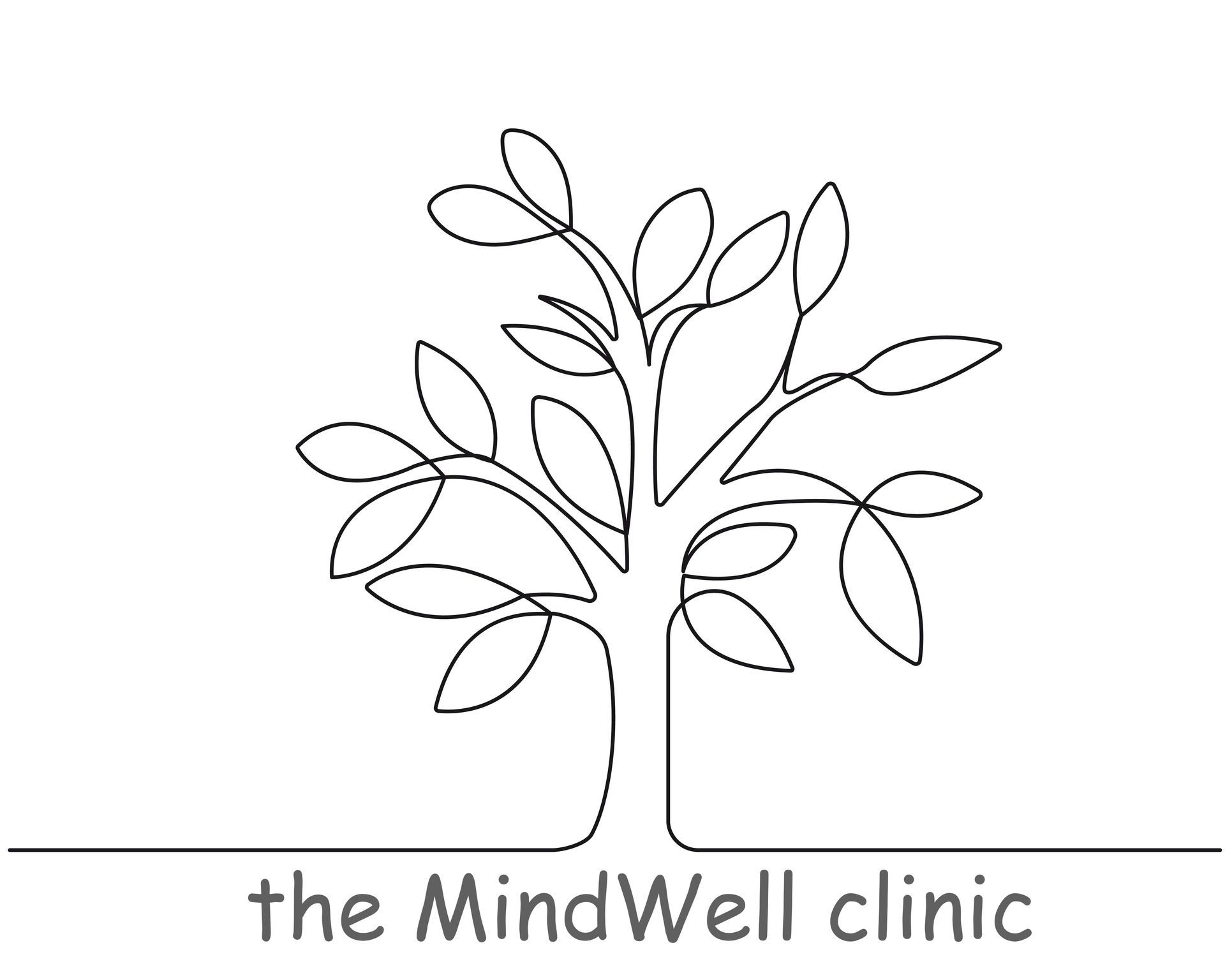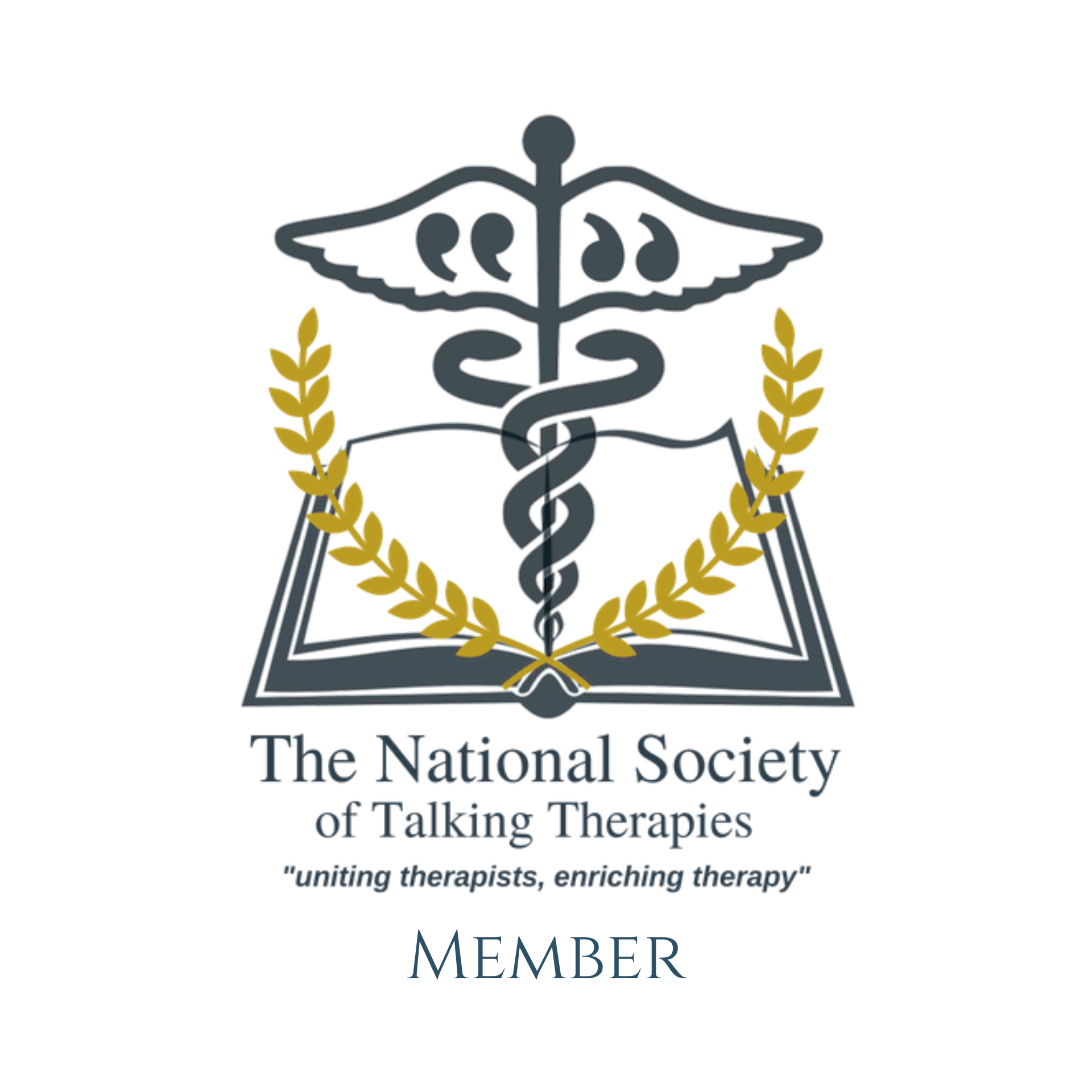How hypnotherapy can help
What is hypnosis?
Hypnosis is an altered state of consciousness. Very often described as a state of focused attention, it allows for a deeper exploration of the unconscious mind, the thoughts and beliefs that we are very often not fully aware of, that can underpin much of how we behave and think.
When experiencing hypnosis, you are taken into a trance-like state. This is usually a very calm and relaxing experience and you are fully in control throughout.
Hypnotherapy has been around for a very long time. Although commonly understood to have gained its popularity in the 17th and 18th century, there are references to hypnosis in medical practice, going as far back as 10th century.
Today hypnosis is used extensiveyl both as a form of therapy in itself but also in conjunction with other talking therapies.
How does it work?
Whilst under hypnosis, the therapist works with you to explore some of the patterns of thinking and beliefs that you are not fully aware of, in your day-to-day life. These very often can be the cause of problems and challenges you are experiencing.
Through this exploration, the therapist works with you, to alter some of these patterns of thinking which ultimately can bring about changes in your behaviour. Helpful suggestions can be placed in your unconscious mind that can help you adopt new or helpful behaviours, after the hypnotic session.
Once hypnosis is complete, you usually feel like you have had a very nice and relaxing snooze. Depending on your issues, you may only need a few sessions to see the desired effects. For some people, it may be a longer term commitment.
Either way, Hypnosis will not make you do, think or behave in a manner that you fundamentally don't want to do.
You need to want to change or genuinely feel motivated to bring about a difference in your life. If the motivation is there, hypnotherapy may be the key to achieving your goals.


